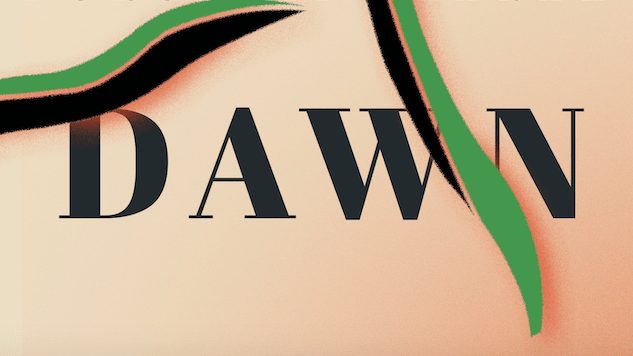North of Dawn: Nuruddin Farah Talks Migration and Combatting Extremism in His New Novel

In North of Dawn, author and professor Nuruddin Farah weaves the tale of a Somali family living in Norway. By turns introspective and expansive, the novel poses questions about the place of migrants in Western societies and self-imposed cultural isolation. But at its heart, North of Dawn is about people trying to find their place within a changing world—and the multitudes who find themselves caught between radical Islam and white supremacy.
Farah, a Somali who now divides his time between South Africa and the United States, got the idea for his novel after talking with a friend in Oslo. When his friend brought up the high number of African migrants in countries like Norway, Farah pointed out that Norway itself has a history of sending its people around the world. “We…argued back and forth [about] whether or not a country that has produced a large number of migrants, like many European countries, has the right to complain about migrants coming from somewhere else,” Farah tells Paste.
 North of Dawn follows Somali couple Mugdi and Gacalo, whose lives in Oslo are turned upside down when their son, Dhaqaneh, kills himself in a suicide attack in Mogadishu. He leaves behind a widow, Waliya, and her two teenage children, daughter Saafi and son Naciim, from a previous marriage. Before his death, Dhaqaneh asks Gacalo to ensure the three are brought to Oslo, despite his estrangement from his father. But once in Oslo, Waliya becomes deeply associated with Muslim extremists in Norway, while her children are drawn to the Mugdi and Gacalo’s secular world.
North of Dawn follows Somali couple Mugdi and Gacalo, whose lives in Oslo are turned upside down when their son, Dhaqaneh, kills himself in a suicide attack in Mogadishu. He leaves behind a widow, Waliya, and her two teenage children, daughter Saafi and son Naciim, from a previous marriage. Before his death, Dhaqaneh asks Gacalo to ensure the three are brought to Oslo, despite his estrangement from his father. But once in Oslo, Waliya becomes deeply associated with Muslim extremists in Norway, while her children are drawn to the Mugdi and Gacalo’s secular world.
Focusing on the relationships between characters, the novel explores Somali, Muslim and Norwegian identity in the 21st century. The shadow of Somalia’s 1991 collapse hangs over Mugdi and his family; while Mugdi, a former ambassador, and Gacalo have left Somalia for a cosmopolitan life in Europe, their son, who was raised in Norway, rejects that world in favor of Muslim extremism in Somalia. It’s a tension that, according to Farah, has played out in Somalia in recent decades.
“Mugdi, myself and others—we belong to a secular form of Somali-ness,” Farah says, “which comes into conflict with groups of people who are against any form of secularism.”
-

-

-

-

-

-

-

-

-

-

-

-

-

-

-

-

-

-

-

-

-

-

-

-

-

-

-

-

-

-

-

-

-

-

-

-

-

-

-

-








































